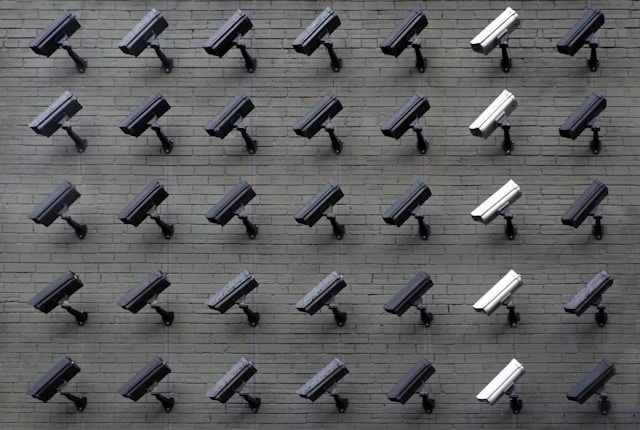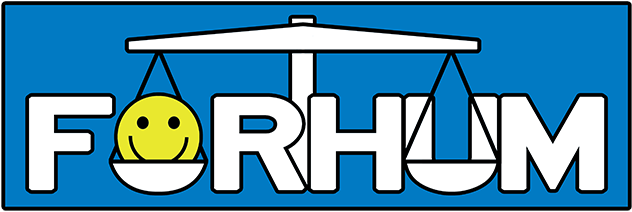
Dr Qian Huang, assistant professor at the University of Groningen and ForHum member, was recently awarded a Veni research grant by the Dutch Research Council for her project Negotiating Digital Visibility: Public Intellectuals’ Cautious Labor (2026-2029). Dr Huang’s project focuses on how different types of public intellectuals (such as journalists, academics and comedians) deal with the necessity and risks of digital visibility. A longer description of the project is provided below.
Public intellectuals are people who draw on intellectual resources and address public concerns to the public audience in writing, speaking, or performance in an accessible manner (Posner, 2003). They provide informed perspectives and critical thinking, which are instrumental for cultural expression and democratic debate. They perform their civic functions in different sectors, such as academia, journalism, and stand-up comedy.
To reach the public and induce social change, they need to gain public recognition and be publicly visible (Dahlberg, 2018). This necessity is intensified by digital platforms: many feel obligated to invest significant time and energy in online personal branding (e.g., personal website, social media content/engagement, online public-facing events). Cultivating digital visibility has become an integral part of public intellectuals’ work.
However, more digital visibility leads to more risks, including online shaming, personal information leakage, boycotts, and harassment [21-26]. Nowadays, conflicts caused by different identities and beliefs are increasing while social consensus is decreasing globally, which creates an unpredictable environment where public intellectuals’ expressions are easily perceived as offensive. The digital visibility cultivated by public intellectuals can readily be weaponized (Huang et al., 2025). Normally, individuals disengage from platforms to avoid visibility harm, but for many visibility-dependent public intellectuals, it is hard or undesirable to withdraw from digital platforms.
Under these conditions, public intellectuals cautiously navigate the digital visibility dilemma—the necessity for and risks of digital visibility. Research illustrates how online attacks harm public intellectuals, including causing self-censorship and job loss, impeding freedom of expression, and diminishing well-being. However, how public intellectuals manage to continue performing their civic function and negotiating digital visibility is understudied.
The digital visibility dilemma and negotiation practices depend on context, such as characteristics of the public, public intellectuals’ working conditions, and the social environments where the public and public intellectuals interact. Considering these contexts in comparative studies can carve out the local versus global patterns and avoid overgeneralization. The relevant contexts in China and the Netherlands provide an intriguing comparison. Thus, analyzing empirical data from China and the Netherlands comparatively can contribute to a broader yet nuanced understanding of the digital visibility dilemma and negotiation practices.
Accordingly, this Veni project explores the research question:
How do public intellectuals negotiate their digital visibility in China and the Netherlands?
One group of public intellectuals is stand-up comedians whose content provides a more critical reading of society. As stand-up comedy’s popularity in China grew exponentially in the past five years, many comedians were criticized, harassed, or boycotted for various reasons (e.g., too feminist, elitist, unpatriotic) (Huang, 2024). Stand-up in the Netherlands has a long history and significant position in Dutch pop culture and civil society (e.g., Oudejaarsconference), yet comedians also experience increasing visibility risks (Nieuwenhuis, 2024). Nowadays, not only has building a visible online persona become a norm, but more stand-up comedians deliberately put material into routines that work as 15-second TikTok clips. These developments make communicating humor and ideas across contexts (e.g., offline versus online, local versus global) and maintaining a safe digital visibility more intricate.
Since stand-up comedians’ working environment is still primarily offline in comedy clubs, I adopt conventional ethnography in two comedy clubs (one for each country) to understand the aforementioned developments and stand-up comedians’ negotiation of digital visibility. The fieldwork locations will be Club Toomler in Amsterdam due to its 30-year history and importance in the Dutch stand-up industry, and Xiaoguo Comedy Club for its dominant position in the Chinese domestic market.
